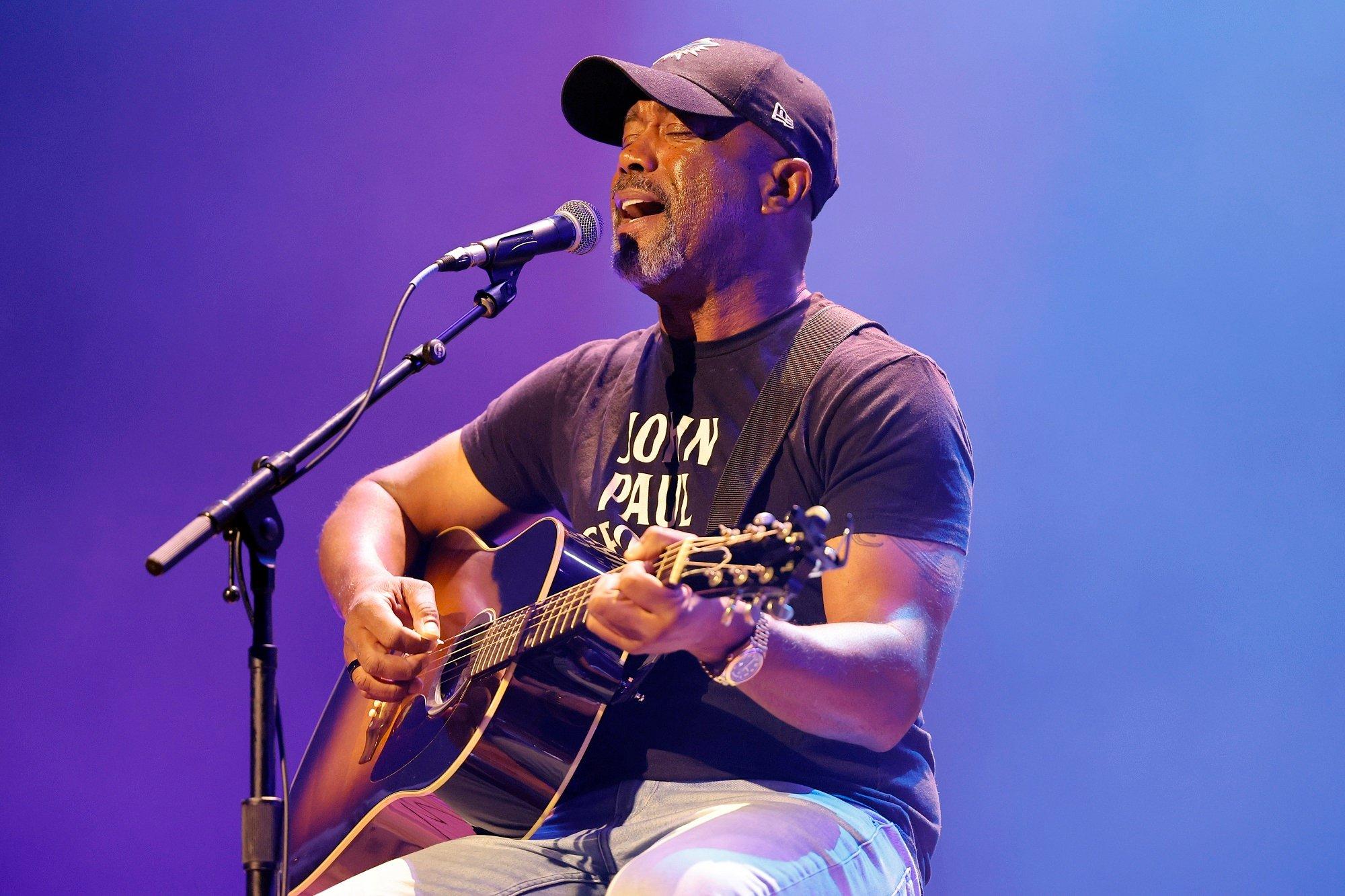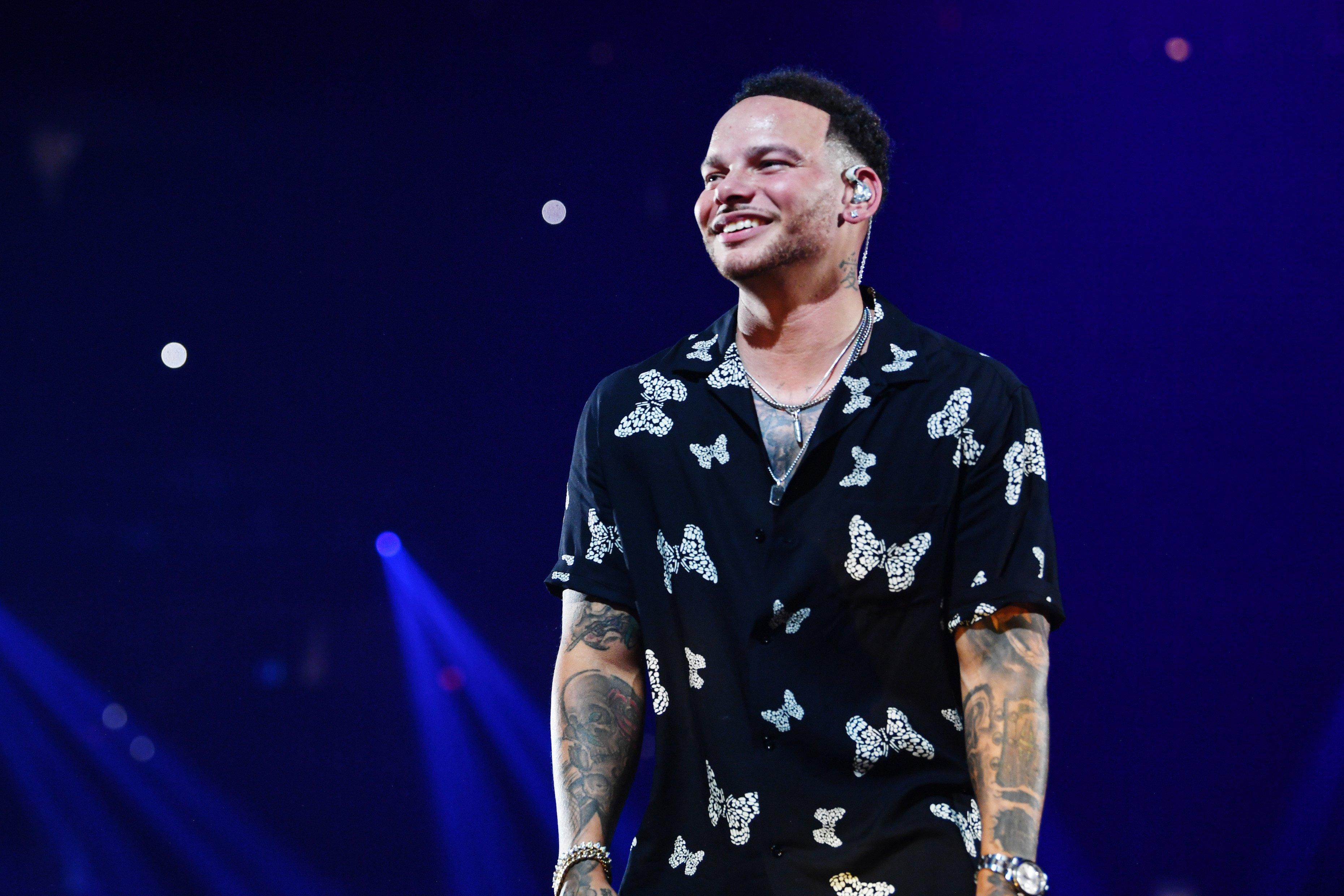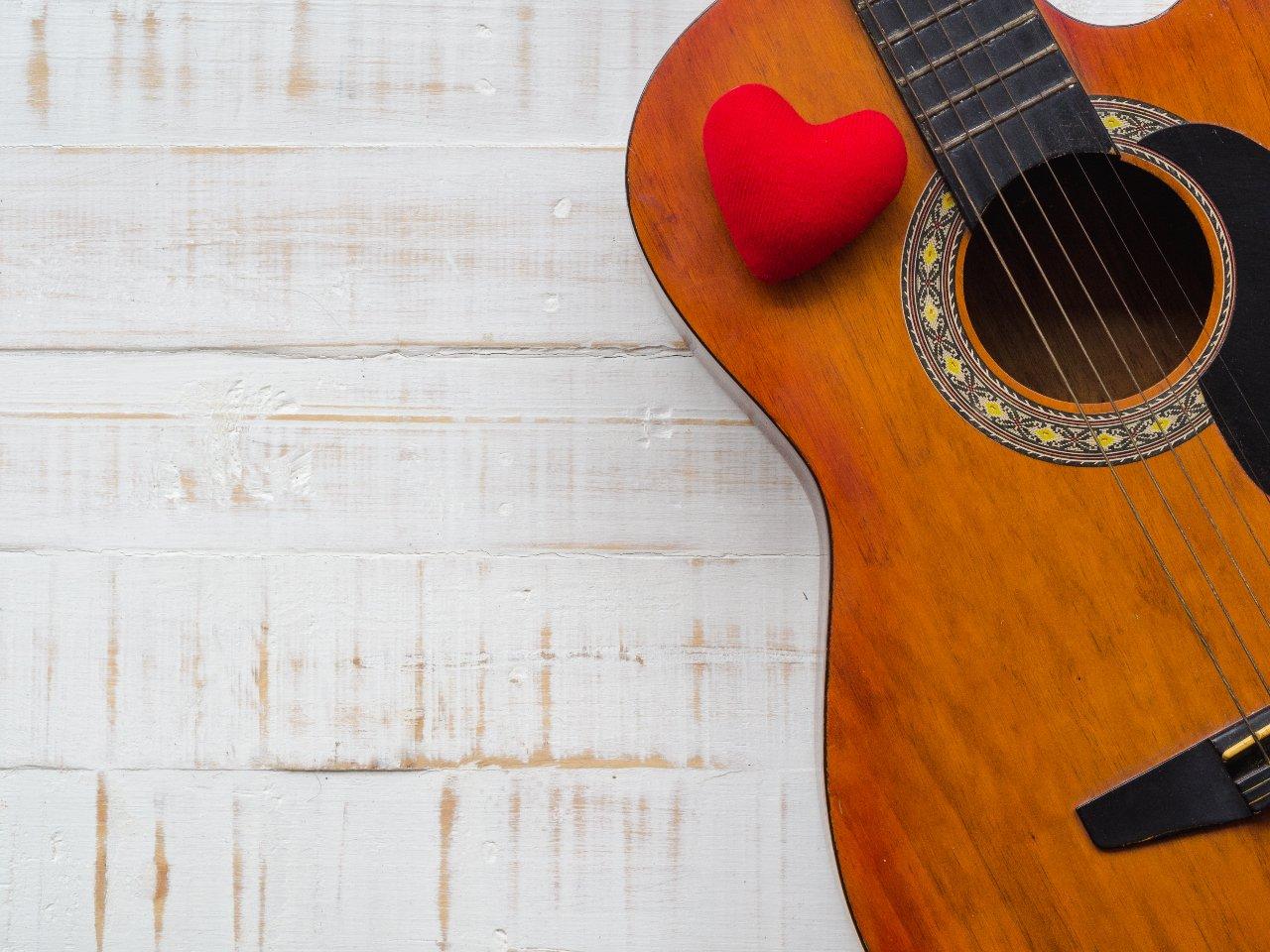Imagine a world where care and concern is distributed in a holistic circuit, rather than being hoarded away or never employed at all. That's the paradigm that GivingTuesday is reaching toward.
Created in 2012 under the simple precept of being generous and celebrating generosity, GivingTuesday is a practical hub for getting involved in one's community and giving as freely to benefit and nourish others.
Since GivingTuesday has swelled not just from a single day in the calendar year, but a lens through which to view the other 364 days. You can find your local GivingTuesday network here, find ways to participate here, and find ways to join GivingTuesday events here.
Where does the Recording Academy come in? Helping musicians in need isn't something they do on the side, an afterthought while they hand out awards.
No, aiding music people is at the core of the Academy's mission. MusiCares, the Academy's philanthropic arm, has changed innumerable lives for the better.
And through this society of music professionals and its other major components — including Advocacy, the GRAMMY Museum and GRAMMY U — the Academy continues its fight in legislative and educational forms.
If you're willing and able to help musicians in need this GivingTuesday, here's a helpful hub of nine charitable organizations with whom you can do so.
Any list of orgs that aid musicians would be remiss to not include MusiCares.
Through the generosity of donors and volunteer professionals, this organization of committed service members has been able to aid struggling music people in three key areas: mental health and addiction recovery services, health services, and human services.
For more information on each of those, visit here. To apply for assistance, click here. And to donate to MusiCares, head here.
"Museum" might be right there in the name, but there's a lot more to this precious sector of the Recording Academy.
The GRAMMY Museum in Los Angeles doesn't just put on immersive exhibits that honor the legacies of musical giants; it's a hub for music education.
At press time, more than 20,000 students have visited the Museum, more than 10,000 students have participated in the Museum's Clive Davis theater, and 20,000 students have participated in their GRAMMY Camp weekends.
To donate to the GRAMMY Museum, click here. To become a member, visit here.
By now, the evidence is ironclad: Giving incarcerated people access to music and art dramatically increases morale and decreases recidivism.
Give a Beat is keenly aware of this, both on direct-impact and mentorship levels.
The org hosts classes for incarcerated people, in order for them to "find healing, transformation, and empowerment" through its Prison Electronic Music Program, which helps incarcerated folks wade deep into the fields of music production and DJing.
Its On a New Track Reentry Mentoring Program initiative connects music industry professionals with formerly incarcerated individuals in order to transfer their skills into a professional setting.
To become a member of Give a Beat, click here. To donate, visit here.
Despite being at the heart of American musical expression, jazz, blues and roots can sometimes feel roped off on the sidelines of the music industry — and its practitioners can slip between society's cracks.
That's where the Jazz Foundation of America comes in. They aid musicians struggling to hang onto their homes, connect physicians and specialists with uninsured artists and help musicians get back on their feet after life-upending natural disasters.
To donate to the Jazz Foundation, click here; for all other info, visit their website.
Headquartered in Memphis, the Blues Foundation aims to preserve the history and heritage of the blues — which lies at the heart of all American forms. This goes not only for irreplaceable sites and artifacts, but the living, breathing people who continue to make it.
The Blues Foundation offers educational outreach, providing scholarships to youth performers to attend summer blues camps and workshops.
On top of that, in the early 2000s, they created the HART Fund to offer financial support to musicians in need of medical, dental, and vision care.
And for blues artists who have passed on, the HART Fund diverts money to their families to ensure their loved ones would be guaranteed dignified funerals.
For more information on the Blues Foundation, visit here. To donate, click here.
Founded all the way back when World War I broke out, the Musicians Foundation has spent more than a century cutting checks to musicians in times of need.
This includes financial grants to cover basic expenses, like medical and dental treatments, rents and mortgages and utilities. Submitted grant applications are reviewed by their staff and a screening committee. If approved, the money is dispatched rapidly and directly to the debtor to relieve financial pressure as soon as possible.
The Musicians Foundation's philanthropic legacy is enshrined in Century of Giving, a comprehensive analysis of financial aid granted to musicians and their families by the Foundation since 1914.
For more information, visit here; click here to donate.
Based in North Carolina, the Music Maker Foundation tends to the day-to-day needs of American roots artists — helping them negotiate crises so they can "keep roofs over their heads, food on their tables, [and] instruments in their hands."
This relief comes in the forms of basic sustenance, resources performance (like booking venues and providing CDs to sell) and spreading education about their contributions to the American roots canon.
Check out their website for more information; to donate, click here.
When music people are in danger, this charitable organization sees no barriers of genre, region or nature of crisis.
If you're a musician suffering from physical, mental or financial hardship — whether it be due to a disability, an affliction like cancer, or anything else — Sweet Relief has got your back.
There are numerous ways to support Sweet Relief; you can become a partner, intern or volunteer, or simply chip in a few bucks for one of their various funds to keep their selfless work moving.
For any and all further information, visit their website.
The Recording Academy's concern and consideration for music people hardly stops at musicians — they're here to support all music people.
They share this operating principle with Music Workers Alliance, which tirelessly labors to ensure music people are treated like they matter — and are fairly remunerated for their efforts.
This takes many forms, like fighting for music workers at the federal, state and city level for access to benefits and fair protections, and ensuring economic justice and fair working conditions.
Music Workers Alliance also fights for economic justice on the digital plane, and aims to provide equal access for people of color and other underrepresented groups in the industry.
For more info, visit their website; for ways to get involved, click here.
2023 GRAMMYs: How The New Best Song For Social Change Special Merit Award Inspires Positive Global Impact & Celebrates Message-Driven Music and How To Qualify




